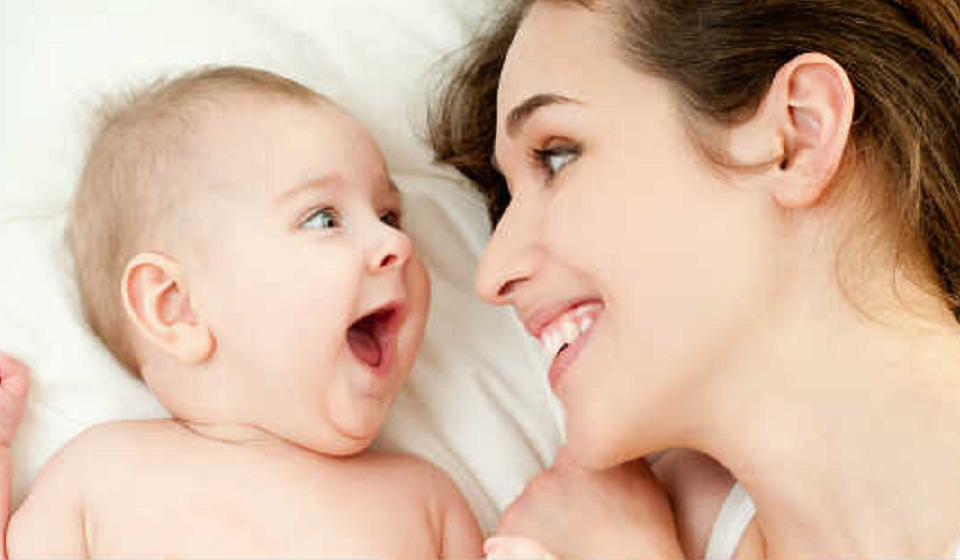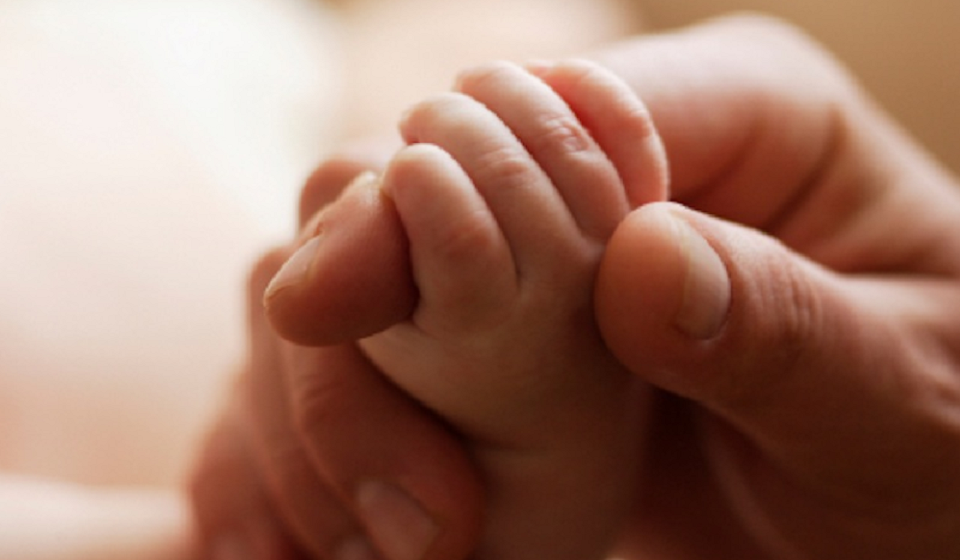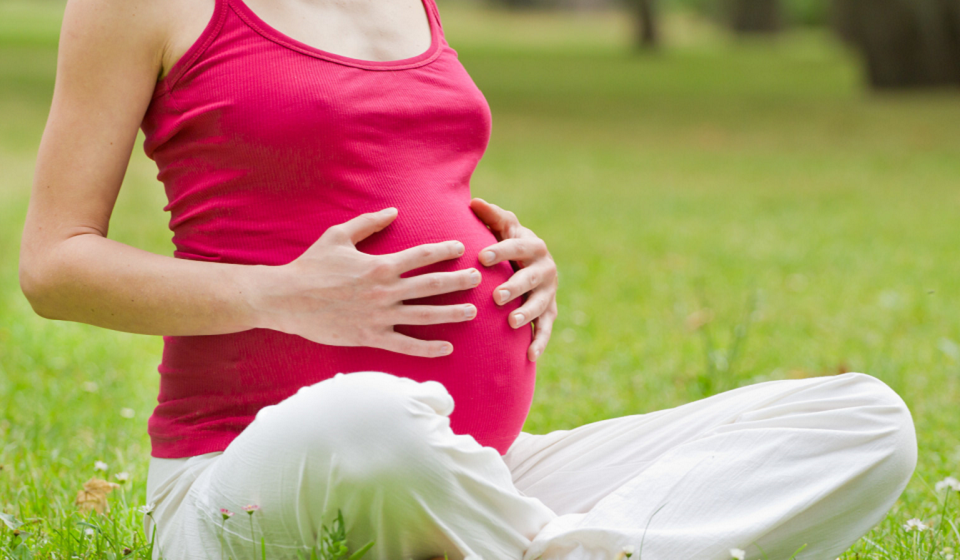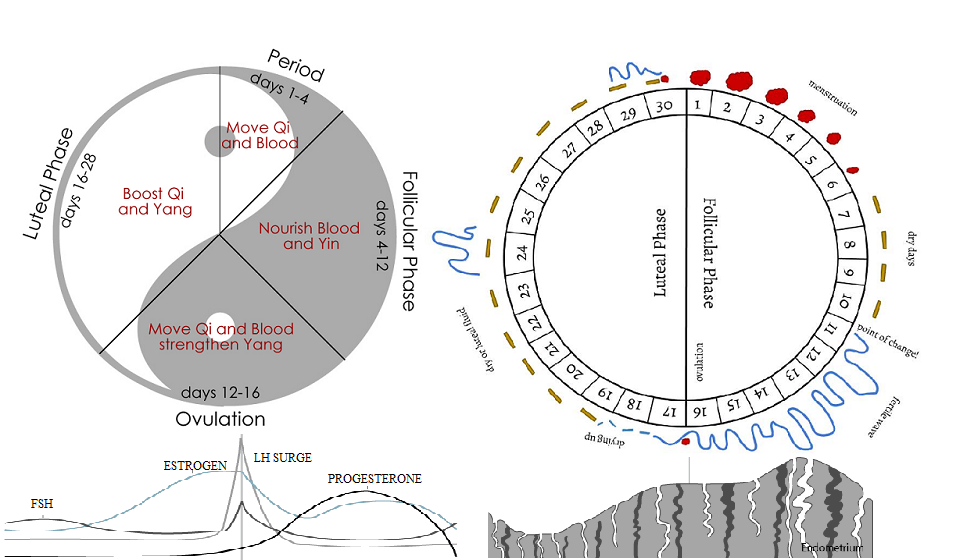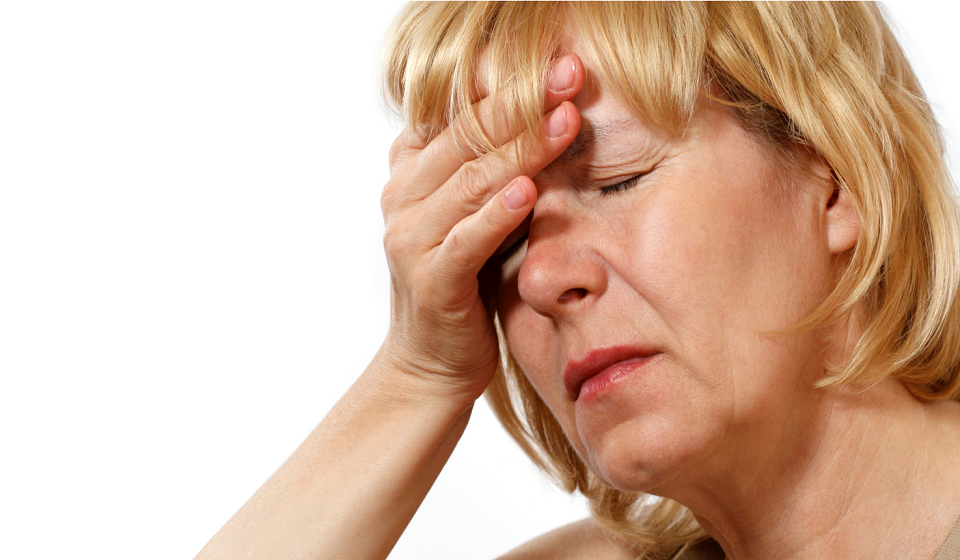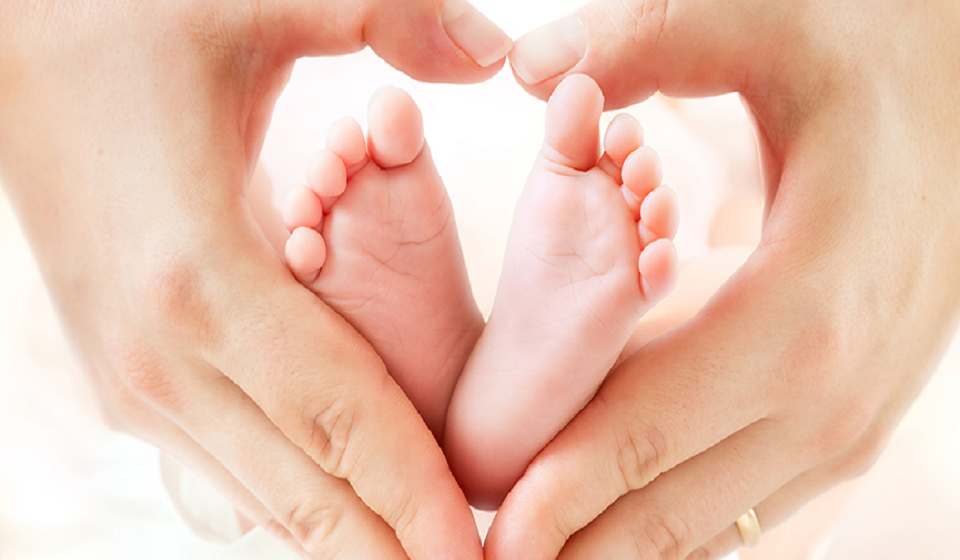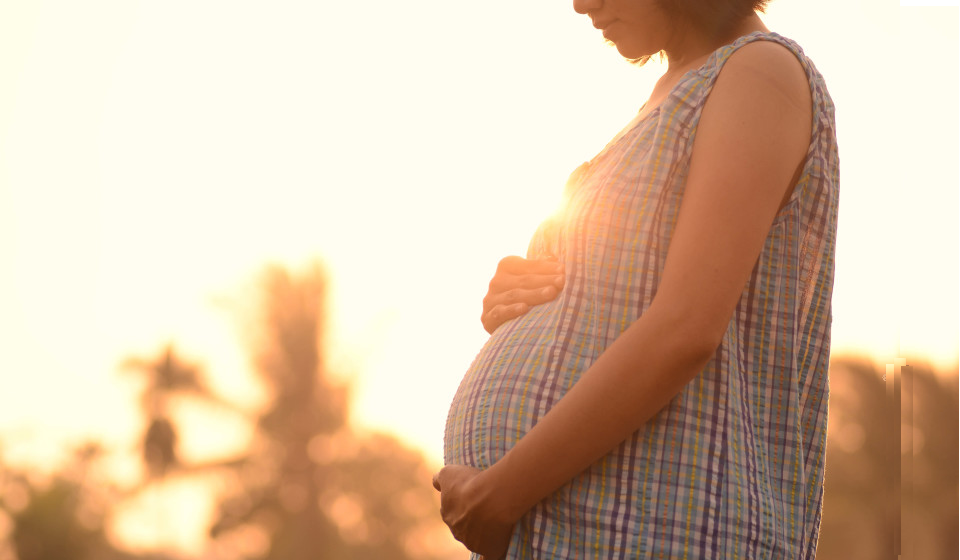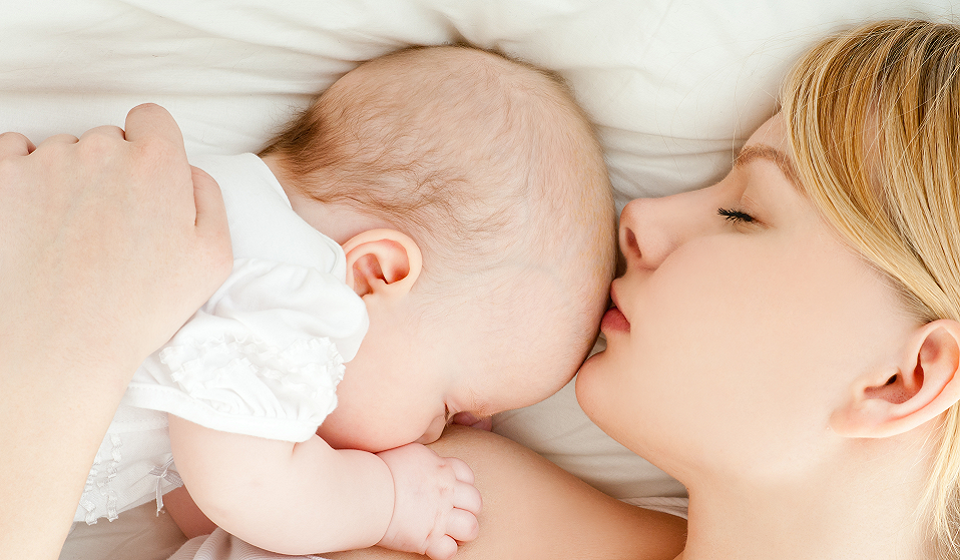Fertility services from Mr. Shu Fan
Specialty areas
A Trained in Both Acupuncture and Chinese Herbs; With a Specialty and Experience in Obstetrics and Gynecology in Chinese Medicine
Think of fertility acupuncture like gardening. First, we have to till the field and prepare the soil to plant the seed, so that we can harvest the crop. Then what about fertilizer? chemicals or organic? How’s that for an analogy?
Female Fertility
Acupuncture is an effective compliment to assisted reproductive techniques. Acupuncture combined with IUI/IVF can increase conception up to 65%. Women receiving Chinese herbal medicine treatments were twice as likely to get pregnant within a four-month period.
Male Fertility
Male infertility refers to the inability of a male to achieve a pregnancy in a fertile female. In humans it accounts for 40-50% of all infertility. Besides other issues such as physical problems like impotence/erectile dysfunction, sexually transmitted diseases or other infections.
Pregnancy Support
Now that you’ve conceived, congratulations! Some of you may ask: “When I will stop acupuncture treatment?”. I would tell them any time they like. However, for certain conditions, I will recommend following groups to stay until ten weeks, which is the same as the RE transition to OB/Gyn.
Menstrual Regulation
A healthy menstrual cycle is one that comes regularly, approximately every 26-30 days, with no premenstrual physical or emotional discomfort, no pain, moderate flow (needing to change a pad or tampon every 3-4 hours), no clots, no spotting and that consistently lasts 4-5 days. The color should be a medium red color, not too dark.
Miscarriage Support
Complementary and alternative medicine (CAM) therapies have the potential to provide supportive care for women presenting with threatened miscarriage. Acupuncture is a treatment modality that belongs to the wider scope of practice within traditional Chinese medicine (TCM), with TCM also including the use of herbal medicine,etc.
Menopause Transition
Menopause is a transitional period marking the cessation of ovulation in a woman’s body. Most women stop menstruating between the ages of 48 and 52, but symptoms can begin as early as 35. Symptoms vary from mild to severe, and are brought on as our bodies try to adapt to decreasing amounts of estrogen.
Trying To Conceive
Whether you’re preparing for cancer treatment and seeking fertility preservation or you’re a same-sex male couple in search of a gestational carrier and egg donor, we understand your situation and like to help making your dreams come true.
Advanced Maternal Age TTC
Advanced age plays an important role in a woman’s ability to become pregnant and carry a pregnancy to term. From ages 30 to 35, there is a gradual decline in a woman’s ability to become pregnant; after age 40, there is a sharp decline in conception.
